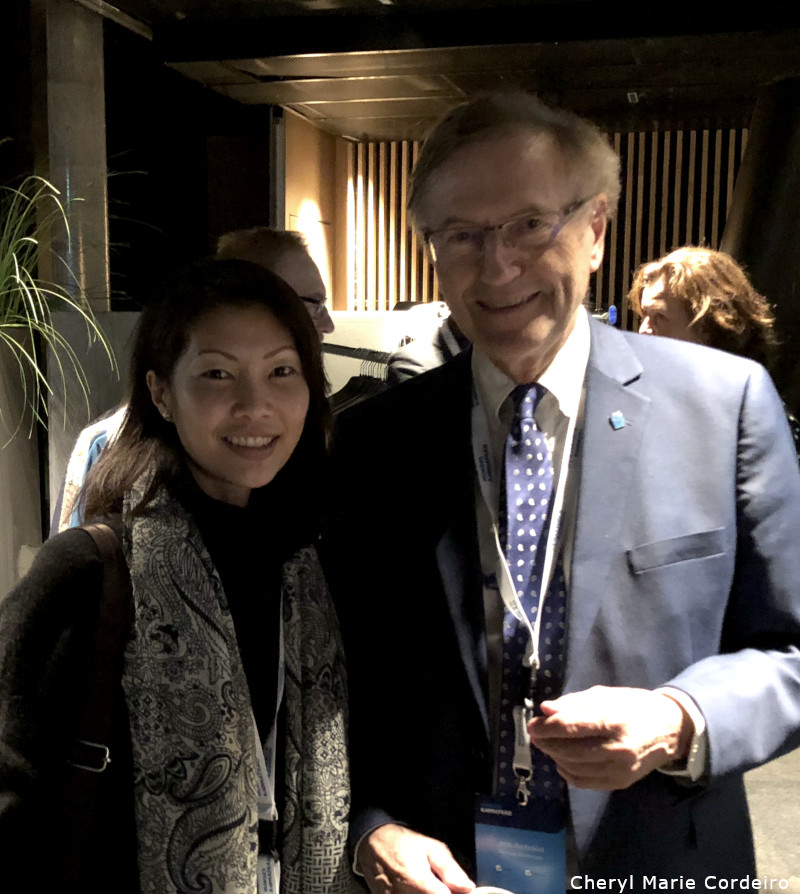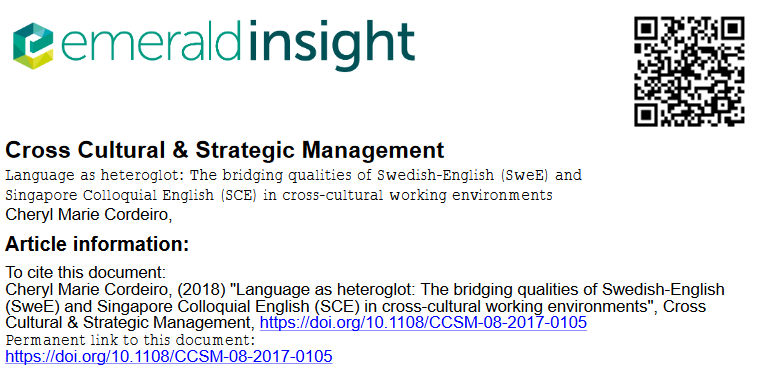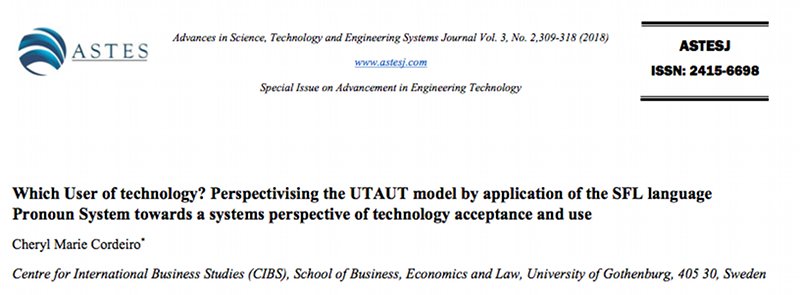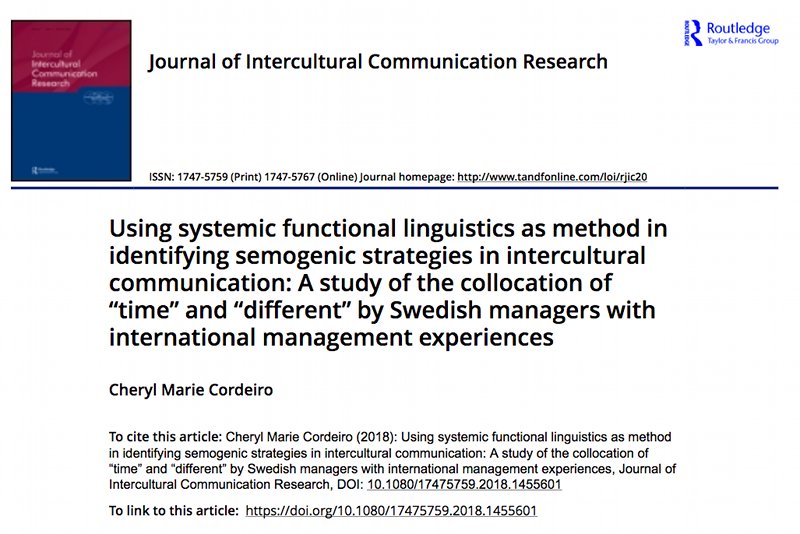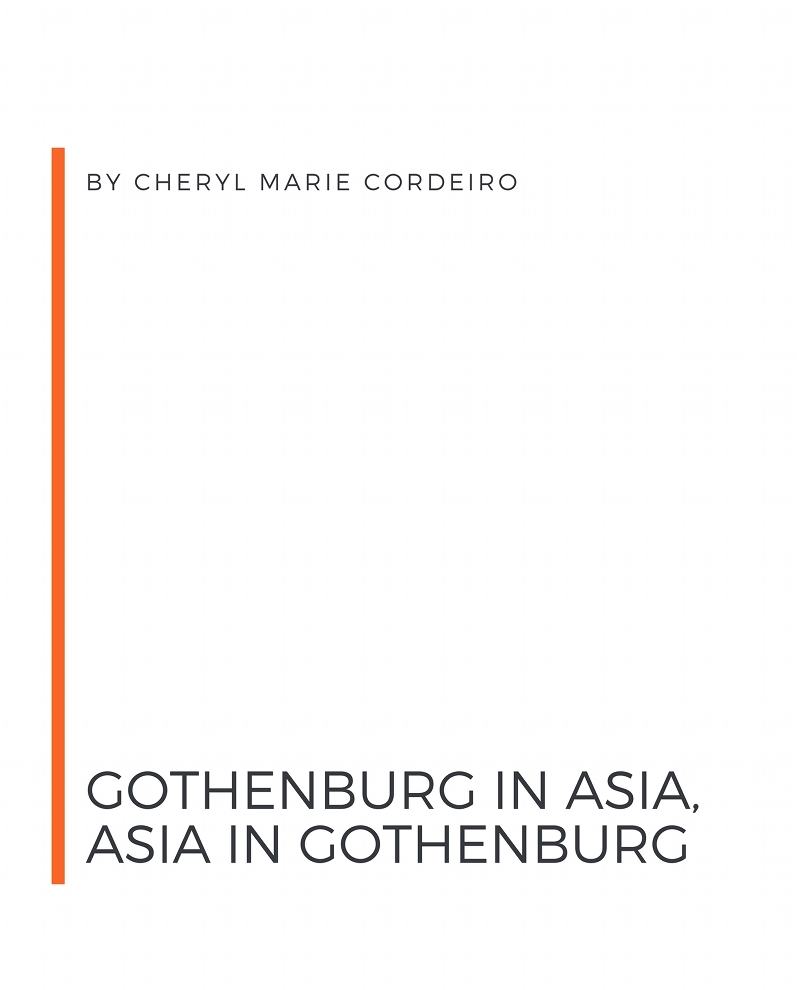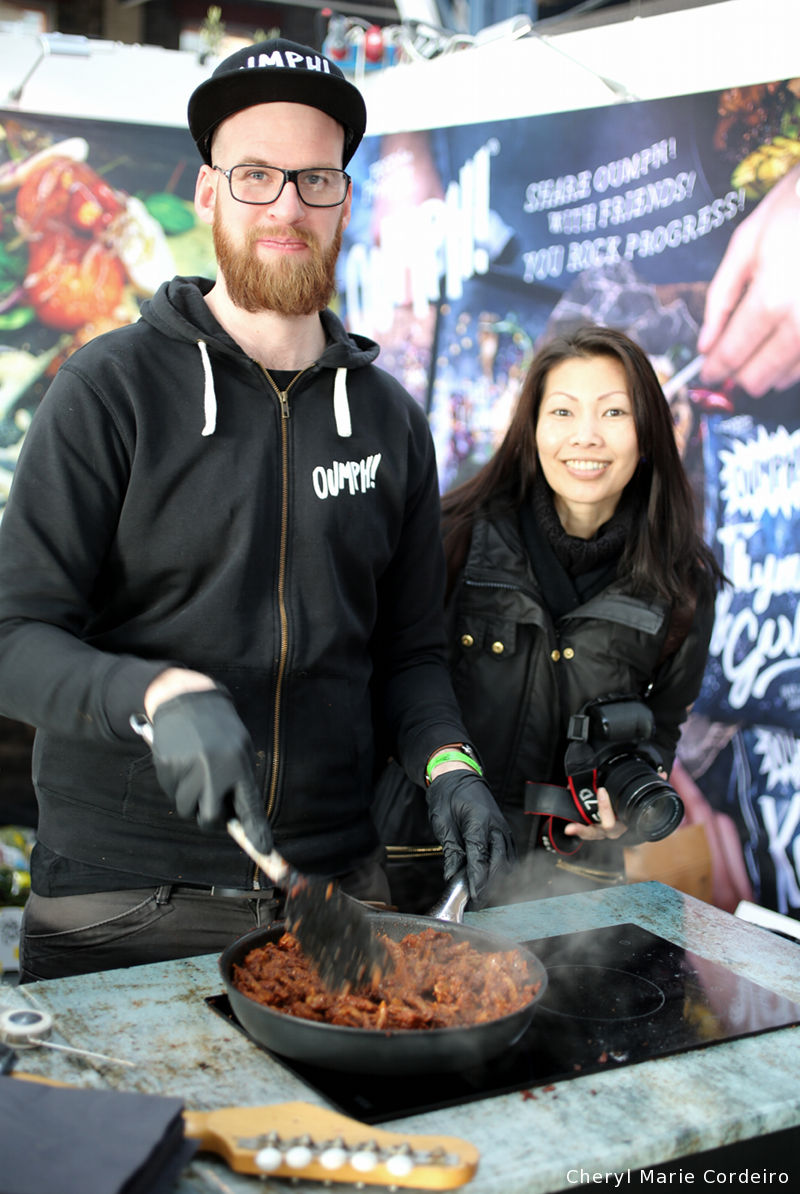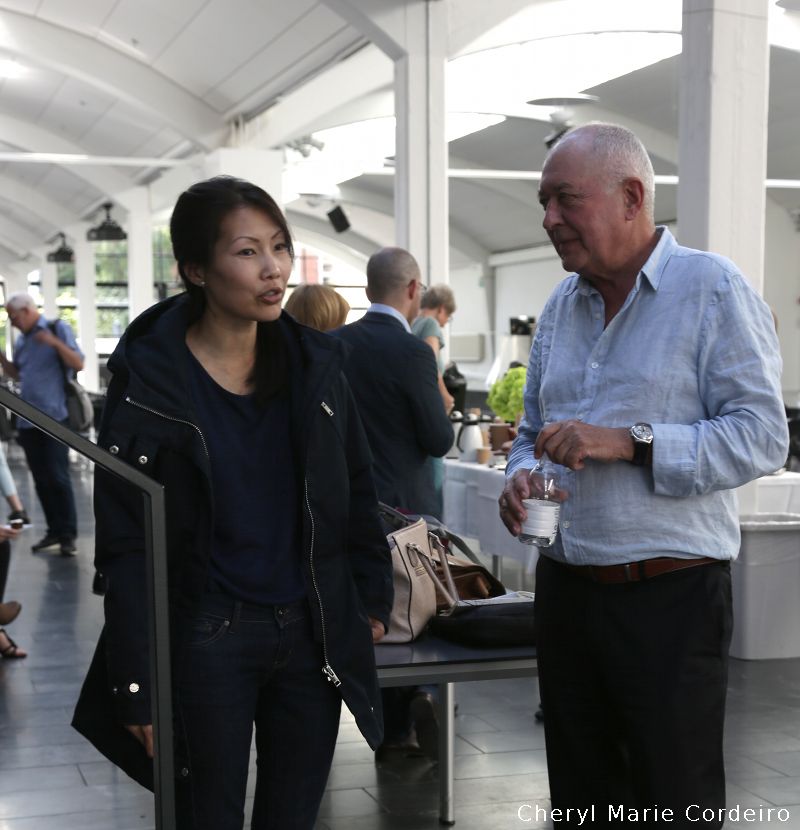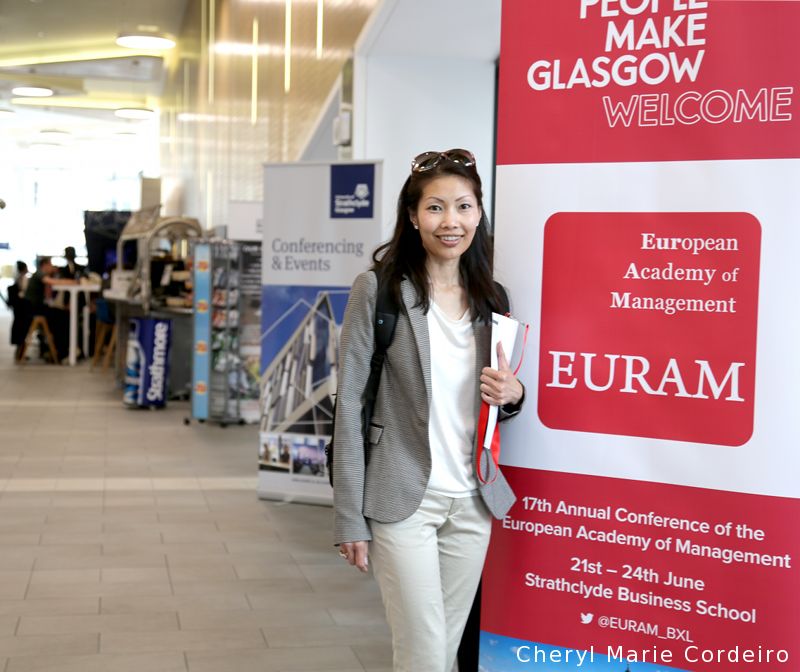At Torskefiskkonferansen 2018, I had the opportunity to meet and speak with Jarle Aarbakke, Norwegian politician with the Labour Party and current Deputy Mayor of Tromsø. He is also Professor Emeritus in Pharmacology (Medicine) at the Department of Medical Biology at the Faculty of Medicine at the University of Tromsø (UiT) and formerly served as Chancellor of UiT and the Higher Education Council. Mayor Jarle Aarbakke opened Torskefiskkonferansen 2018 with a Welcome Speech.
Text & Photo © CM Cordeiro 2018
Hosted by the Norwegian Seafood Council [1] who has its headquarters in the city known as Paris of the North, Torskefiskkonferansen 2018 was held in Tromsø, Norway, on Thursday, 18 Oct. 2018 at Clarion Hotel, The Edge. An important annual event for the cod fish industry sector of Norway, this year’s working theme for the conference was ”Torskefisk (Cod Fish) goes global!”. The purpose of the event was to provide a platform for the industry as well as academics to exchange knowledge and views on the continued development of the Norwegian cod fish industry and its position in global markets.
Continue reading ”Torskefiskkonferansen 2018 Tromsø, Norway”
